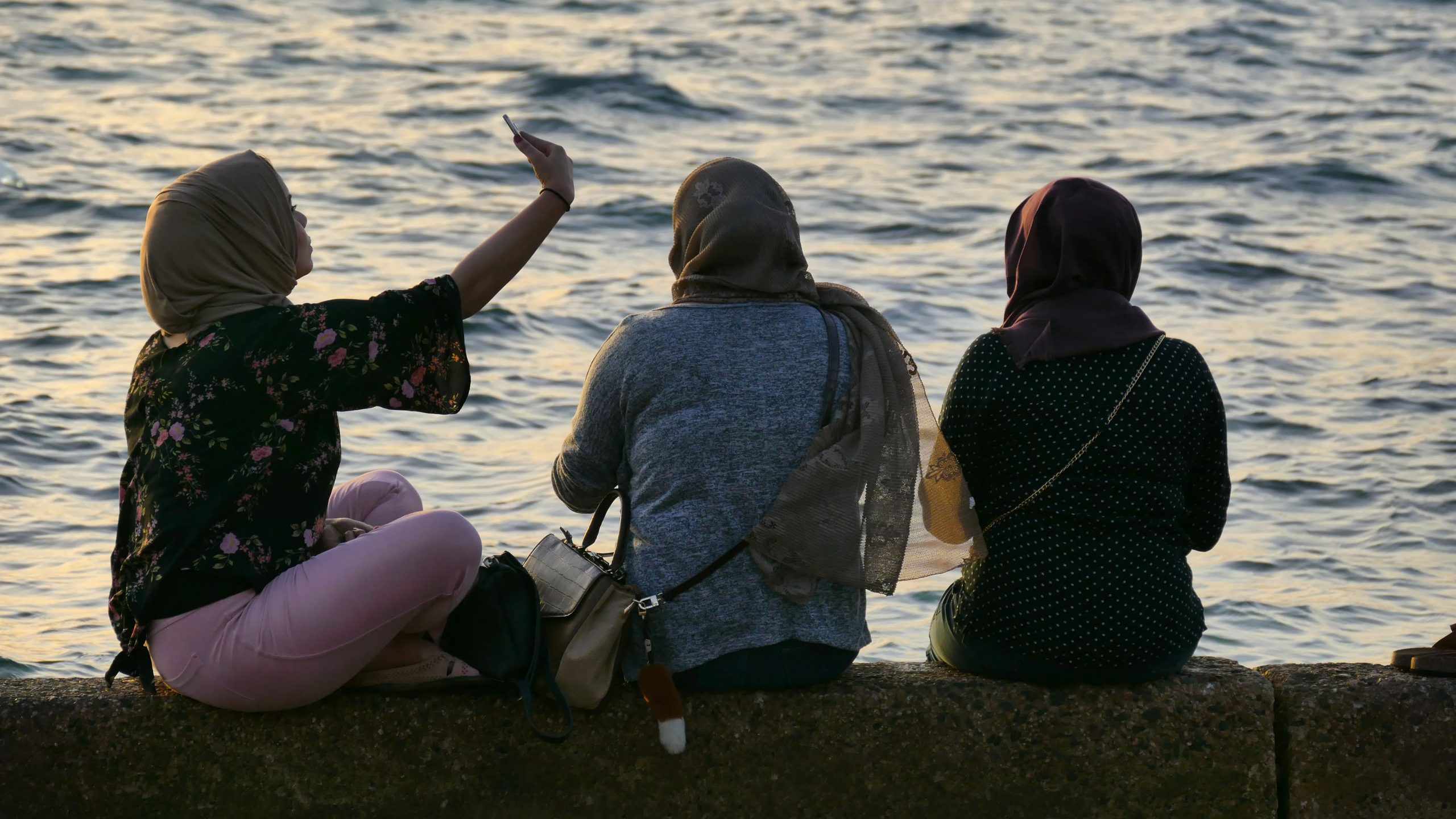The Taliban, on Sunday, in its new decree, ordered that women attending private Afghan universities must wear an abaya robe and niqab covering most of the face. The Taliban added that the classes must be compartmentalised by gender or at least be divided by a curtain. The rule is for the private colleges and universities that have come up since the Taliban‘s first rule that ended in 2001.
The private universities in Afghanistan open Monday, September 6.
As per a report in news agency AFP, the Taliban’s education authority, in a document, ordered that female student should only be taught by other women. In case that was possible then ‘old men’ of good character may step up.
The colleges “should try to hire old men teachers who have a good record of behaviour,” the decree read.
The regulations that were issued late Saturday do not have an order for women to wear the all-enveloping burqa but mentioned the use of niqab that covers most of the face, only leaving the eyes exposed.
While the use of burqas and niqabs have been widely absent from the streets of Kabul in recent years, it is still frequently seen in smaller cities and towns.
During the Taliban’s previous rule, girls and women were excluded from education because of same-sex classrooms rules. It was also insisted that they have to be accompanied by a male relative whenever they left the house.
“Universities are required to recruit female teachers for female students based on their facilities,” AFP quoted the decree as saying.
The law added that men and women should use different entrances and exits.
While women are to be taught separately, their classes also must end five minutes earlier than men. This was done in order to stop them from mingling outside.
After the classes get over, the female students must be in the waiting rooms till their male counterparts have left the building.
“Practically, it is a difficult plan— we don’t have enough female instructors or classes to segregate the girls,” AFP quoted a university professor as saying on condition of anonymity.
“But the fact that they are allowing girls to go to schools and universities is a big positive step,” he told AFP.
The Taliban have pledged to be more inclusive during their current stint of rule.






